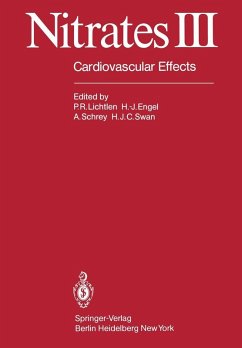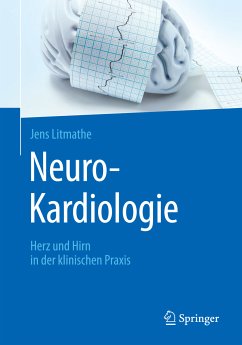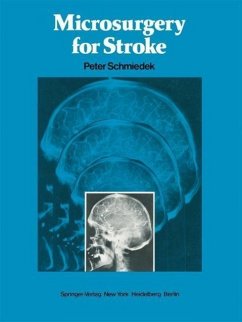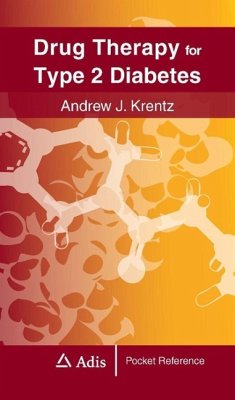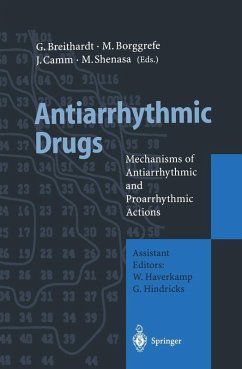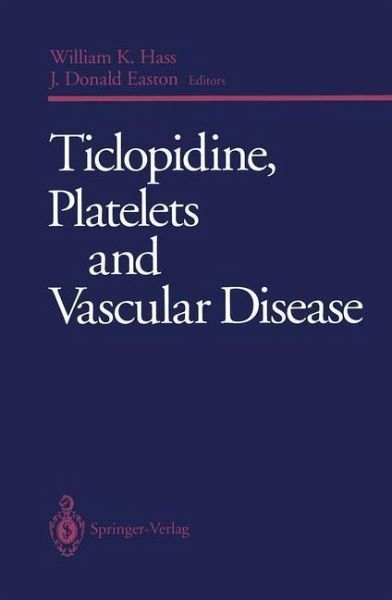
Ticlopidine, Platelets and Vascular Disease (eBook, PDF)

PAYBACK Punkte
20 °P sammeln!
Blood platelets lack a nucleus. As a result their life span is short and they cannot reproduce themselves. Platelets share these qualities with the red blood cell. Plate lets and red blood cells, nevertheless, serve vital roles in the body. One major function of the platelet is its capacity to aggregate and thereby initiate intravas cular coagulation which often underlies such major diseases as myocardial infarc tion, cerebral infarction, and pulmonary embolism. For this reason in recent years, medical attention has been directed to drugs that inhibit platelet aggregation. Aspirin was the firs...
Blood platelets lack a nucleus. As a result their life span is short and they cannot reproduce themselves. Platelets share these qualities with the red blood cell. Plate lets and red blood cells, nevertheless, serve vital roles in the body. One major function of the platelet is its capacity to aggregate and thereby initiate intravas cular coagulation which often underlies such major diseases as myocardial infarc tion, cerebral infarction, and pulmonary embolism. For this reason in recent years, medical attention has been directed to drugs that inhibit platelet aggregation. Aspirin was the first drug to be proven effective in this area. Since then other drugs that share aspirin's fundamental biochemical action, inhibition of platelet cyclooxygenase, have also been studied. Very recently, ticlopidine, the first of what promises to be a new class of drugs inhibiting platelet aggregation and coagulation via an entirely different biochemical mechanism, has been exten sively studied and clinically shown to be as effective or more effective than aspirin in the prevention of ischemic cardiovascular and cerebrovascular disease.
Dieser Download kann aus rechtlichen Gründen nur mit Rechnungsadresse in A, B, BG, CY, CZ, D, DK, EW, E, FIN, F, GR, HR, H, IRL, I, LT, L, LR, M, NL, PL, P, R, S, SLO, SK ausgeliefert werden.



